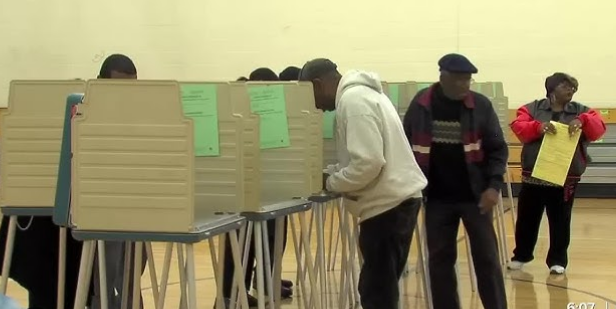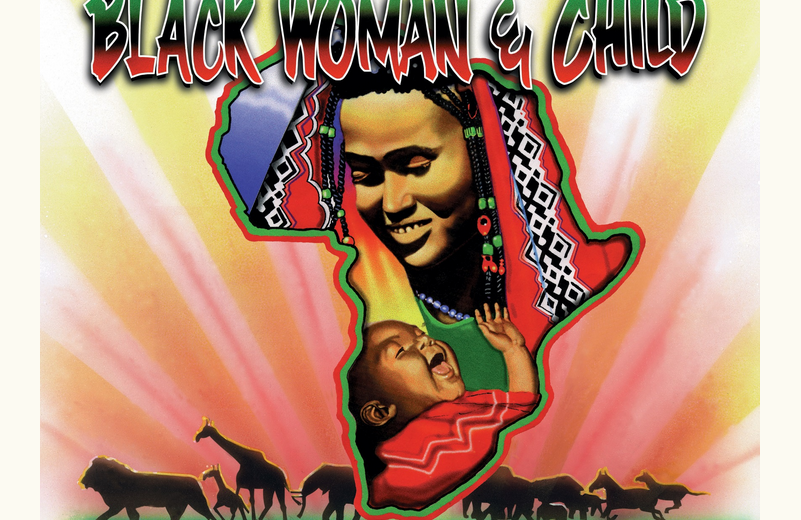Photos:
November 2, 2022, St. Louis, MO – Tuesday, the federal Court of Appeals for the Eighth Circuit issued an important decision in a case challenging the constitutionality of the St. Louis County “Wanted” system. The case was brought by ArchCity Defenders and the Center for Constitutional Rights. The appellate decision casts doubt on the constitutionality of the vast majority of “Wanteds”.
Filed in 2016, the case, Furlow v. Belmar, challenges the use of so-called “Wanteds” – the policy that the St. Louis County Police Department (SLCPD) officers use to arrest St. Louis County residents for questioning without a warrant or any judicial oversight. Wanteds are, in short, an electronic notice that any St. Louis County police officer can make in a database system called REJIS, which other police then use to arrest – and bring the individual into custody for interrogation. In 2015, the United States Department of Justice’s report on Ferguson found this practice to be rife with the potential for abuse.
The Court of Appeals identified numerous constitutional concerns with any system that permits arrests without judicially affirmed probable cause determinations, calling the Wanteds System “fraught with the risk of violating the constitution,” except in very limited situations, such as exigent circumstances. The opinion rejects St. Louis County’s long-standing position that any officer’s determination of probable cause is sufficient to make a warrantless arrest by any other law enforcement officer consistent with the Constitution, and stressed that “[t]he Supreme Court has not enumerated an exception to the Fourth Amendment’s warrant requirement based on the inconvenience of obtaining a warrant before proceeding with an arrest.”
As referenced in the motion for class certification, “Wanteds are not remotely isolated or rare events,” and have “a massive impact on the lives of St. Louis County residents: Between 2011 and 2016, SLCPD issued over 15,000 Wanteds.” Absent the narrow circumstances that would make arrests based on those Wanteds legal under the Eighth Circuit’s logic, the entire Wanteds system is in legal jeopardy. That system targeted poor Black and Latinx residents, like the clients in this case, for years.
Plaintiffs Dwayne Furlow, Ralph Torres, and Howard Liner were each arrested by the SLCPD on Wanteds without probable cause. Each was released after spending the night in jail. Furlow and Torres were released after just over 24 hours in custody, and Liner after 30 hours. None were charged with a crime. In the appeal, the court went on to deny a claim by one of the defendant police officers for “qualified immunity,” because that officer should have known that her Wanted-based arrest violated Mr. Torres’s clearly established rights.
“We are encouraged by this decision. Under the Eighth Circuit’s reasoning, we believe the overwhelming majority of Wanteds issued by St Louis County Police Officers are unconstitutional,” said Blake Strode, Executive Director of ArchCity Defenders. “We look forward to immediately resuming the case in the trial court.”
“Even though the system of Wanteds in Ferguson and St. Louis County was included in the Department of Justice’s 2015 report on Ferguson as a prime example of police abuse in the region, we are still fighting for families who have been wronged by this unlawful and predatory practice,” said Maureen Hanlon, Staff Attorney atArchCity Defenders.
Baher Azmy, Legal Director of the Center for Constitutional Rights, said “In the vast majority of cases, the St. Louis County Police Department’s use of Wanteds continues to violate the fundamental constitutional rights of thousands of mostly Black and low-income St. Louis County residents, and harkens to an era of Wild West justice. In St. Louis, people are afraid to leave their houses, drive their cars, go to their jobs, visit friends and family members, or otherwise conduct their daily lives because they could be subject to summary arrest and detention at any time. This practice has no place in a free society.”
Learn more at www.ccrjustice.org.

















